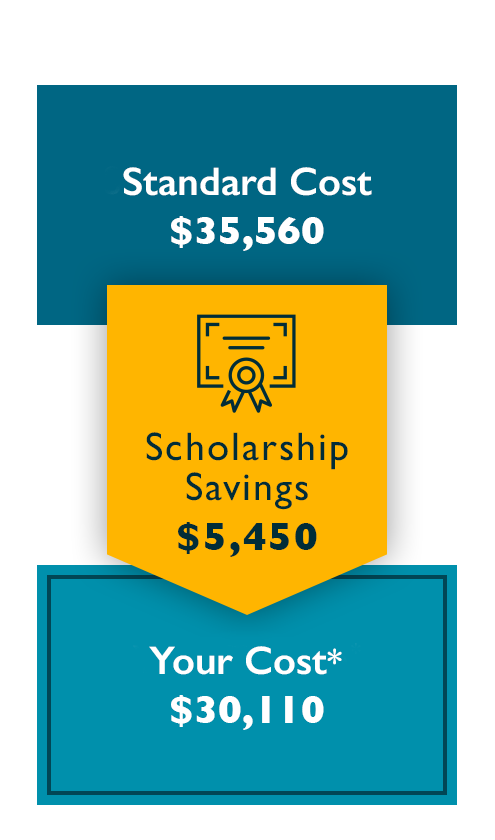Program Details
Curriculum
Minimum Degree Requirements
- 63 quarter credits
- Foundation course (3 cr.)
- Core courses (40 cr.)
- Specialization courses (15 cr.)
- Capstone course (5 cr.)
View the COMPLETE CURRICULUM PLAN.
Time to completion will vary by student, depending on individual progress and credits transferred, if applicable. For a personalized estimate of the number of your transfer credits that Walden would accept, call an Enrollment Specialist at 855-646-5286.
Admission Requirements
Program Admission Considerations: A bachelor's degree or higher.
General Admission Requirements: Completed online application and transcripts. Please note that the materials you are required to submit may vary depending on the academic program to which you apply. More information for international applicants.
| Curriculum Component | Requirements | Cost | amount |
|---|---|---|---|
| Tuition | 63 quarter credit hours | $545 per quarter hour | $34,335 |
| Program Fee | Per quarter | $175 | $1,225 |
| $35,560** | |||
| BELIEVE & ACHIEVE SCHOLARSHIP YOUR TUITION | -$5,450 $30,110* | ||
*Represents specialization, minimum time to completion, and Believe & Achieve Scholarship. Your actual total program time and costs may vary. Believe & Achieve Scholarship savings based on current tuition. See Scholarship Details for more information.
**Tuition reflects the minimum time to completion. Time to completion varies by student, depending on individual progress and credits transferred, if applicable. Tuition and time to complete may be reduced if transfer credits are accepted, or if you receive grants, scholarships or other tuition reductions. Walden may accept up to 30 transfer credits. For a personalized estimate of the number of your transfer credits that Walden would accept, call an Enrollment Specialist at 855-646-5286.
Tuition and fees are subject to change. Books and materials are not included and may cost between $1,000 and $1,400.
Testimonials
Any time I hear another working professional talking about going back to school, I always bring up my experience at Walden.
I would not have been able to obtain my master’s or work on my doctoral degree without the flexibility of Walden’s online programs.
Walden not only has changed my world, but the world of those around me.











